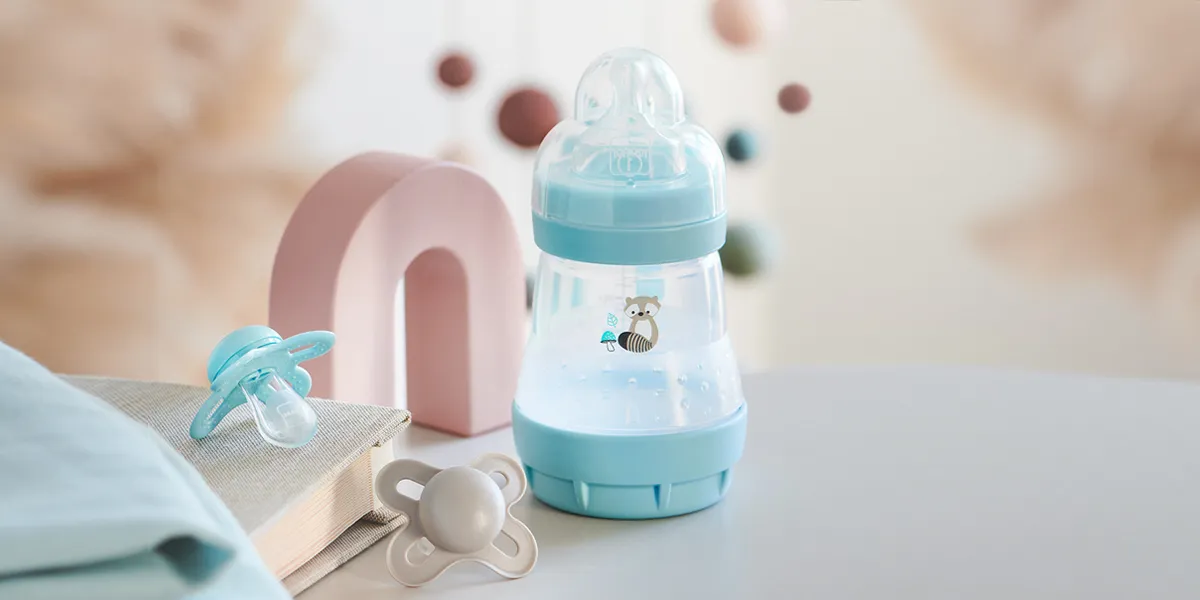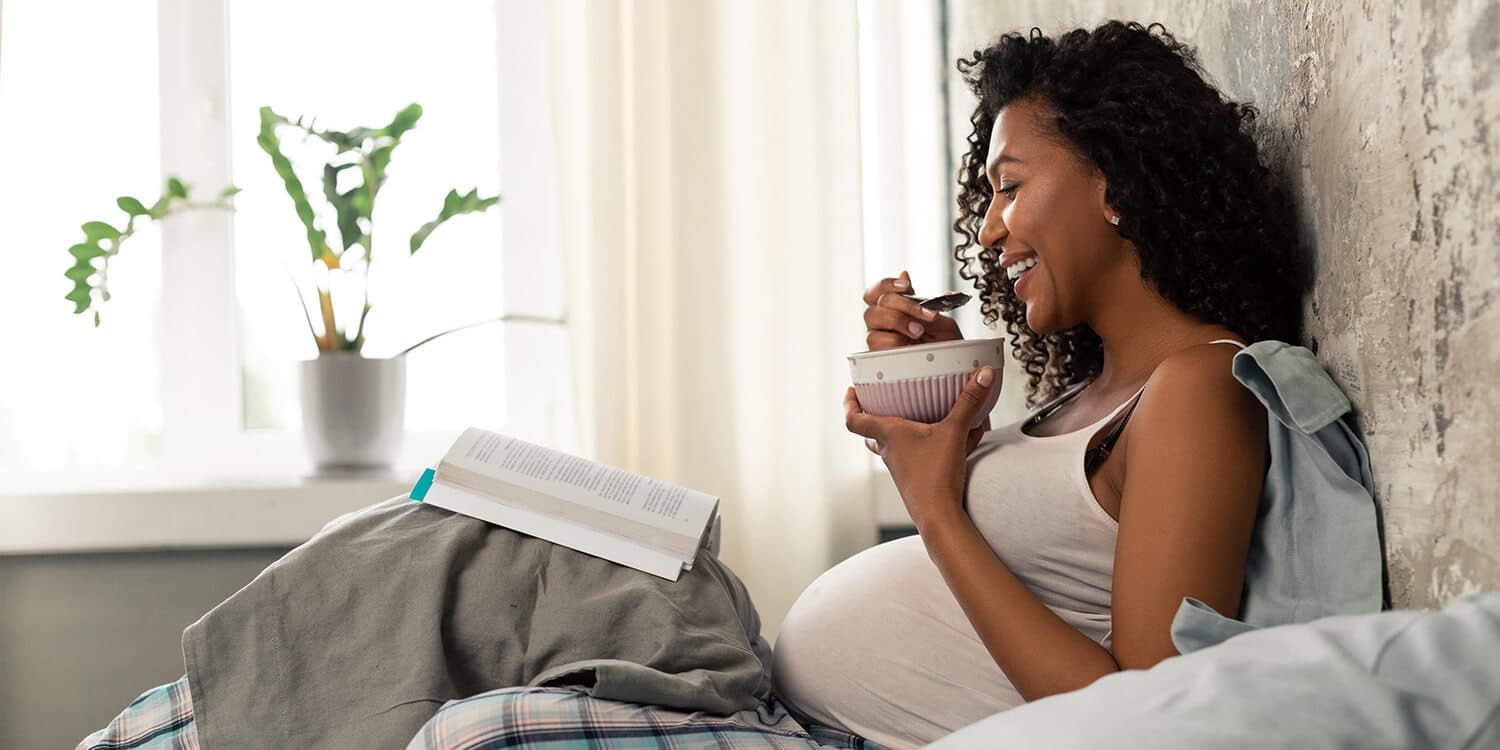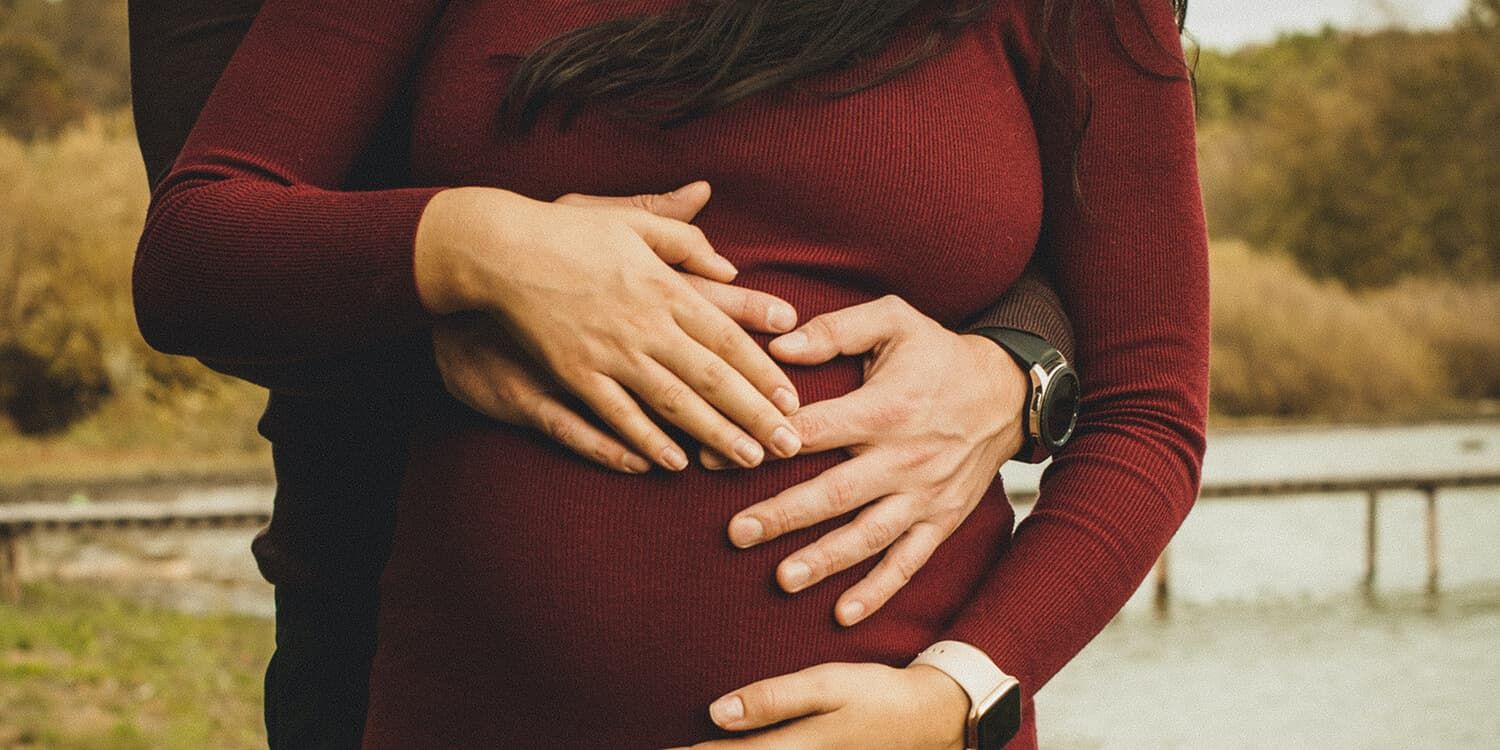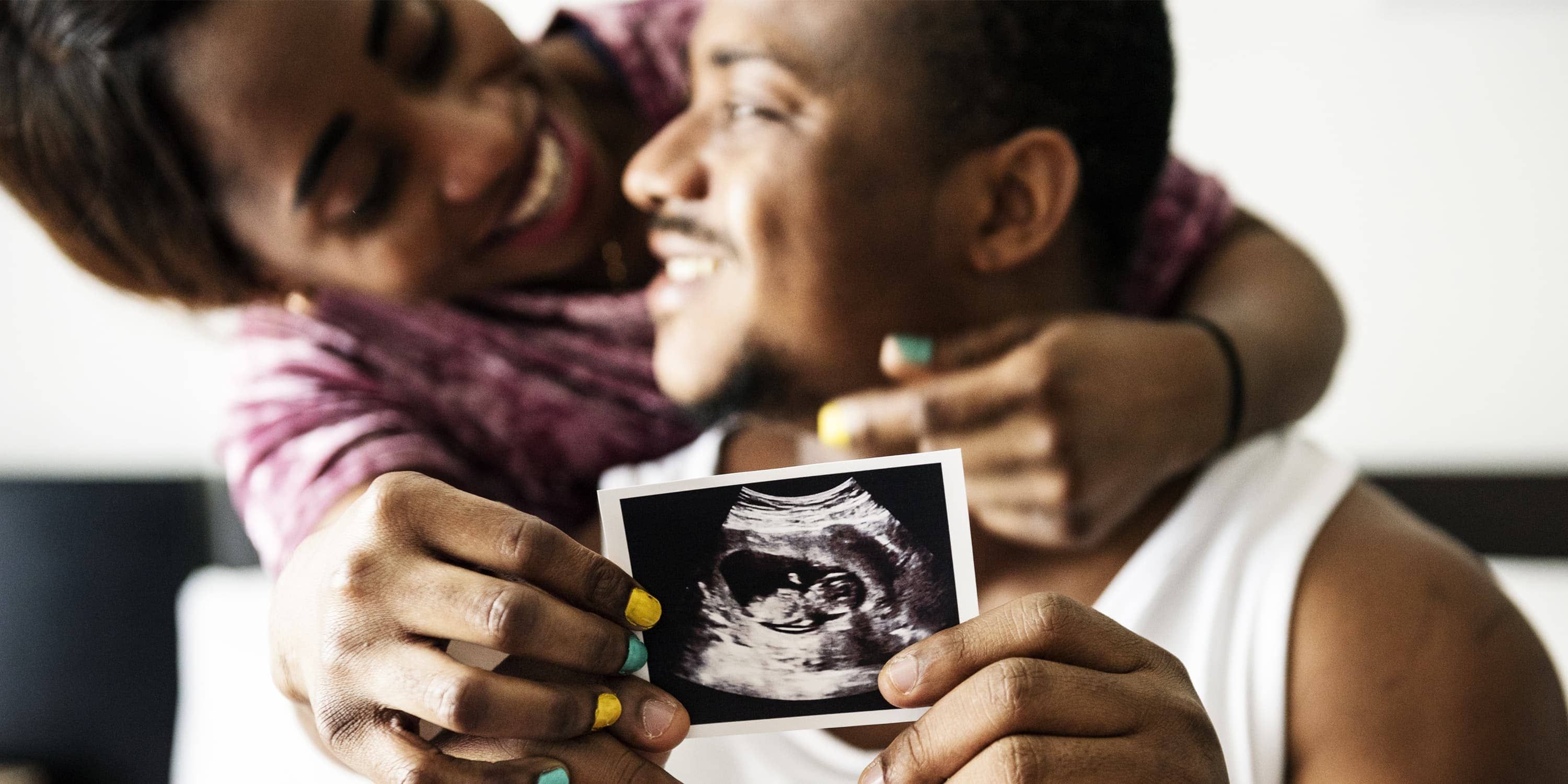The start of the fifth month of pregnancy has arrived and the change most visible to others now begins in the second trimester: Your baby bump gets bigger! This is mainly due to your baby putting on weight. Discover here why the baby has become even cuter, why it occasionally gets startled, and what else is happening in week 17 of pregnancy.
What's Going On in Your Belly at 17 Weeks Pregnant?
The fetus is around 4-5.5 inches long (CRL = crown-rump length) and weighs approx. 3.5-5 ounces. The feet are a dinky 1 inch long and the diameter of the baby's head is roughly 1.5 inches.
Your little one has taken another step towards being a "cute baby": Its proportions are now closer to what they will be at birth. The legs have grown longer, the head is no longer disproportionately large, and he or she is slowly putting on a little baby fat. The layer of fat will help your baby to maintain its body temperature later on – until then, one of the tasks of the amniotic fluid is to keep the baby at a regular warm temperature.
Your baby is now about the size of an orange.
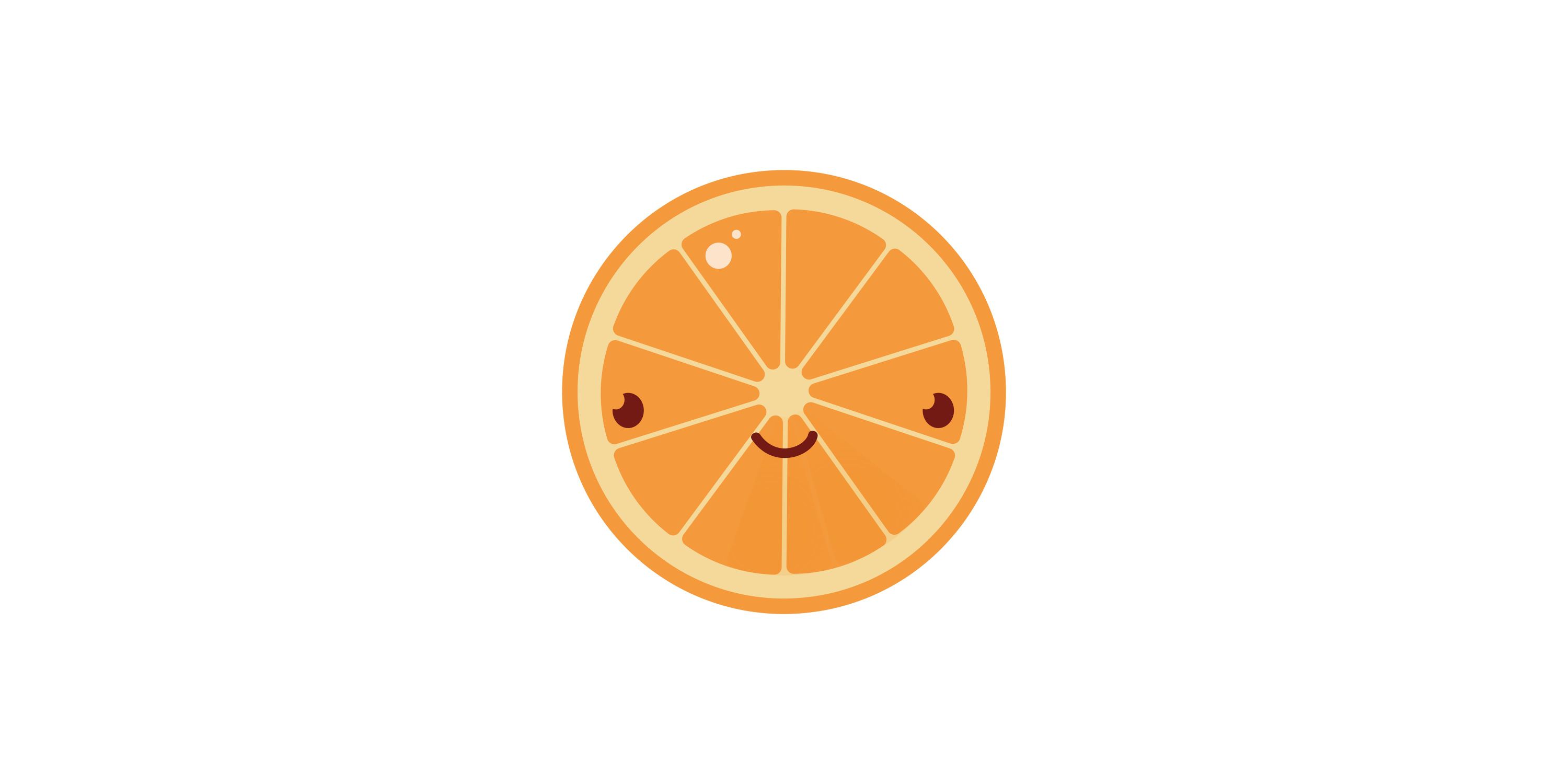
The baby's hearing has further developed. Your little one now responds to loud noise: sudden sounds may even startle it – and you might experience strong movements as a gentle fluttering in your belly (if not, this is not unusual either, as it can take until week 20 of pregnancy and even longer before you detect movements).
You can now also hear something from the outside: it is possible to listen to the baby's heartbeat with a stethoscope.
How Do You Feel at 17 Weeks Pregnant?
The growing layer of fat on your baby and the amniotic fluid help it regulate its body temperature. This means your little one is well-protected when you take a hot bath or relax in a sauna.
However, before taking a bath or spending time in the sauna, there are a few things you should consider:
- If you were not used to taking hot baths or sitting in a sauna before your pregnancy, you should ideally not start this now.
- Hot temperatures can affect circulation: if you feel unwell, reduce the temperature of the bathwater or sit on the lowest bench in the sauna.
- Do not spend too long in the sauna and do not visit too often.
- Avoid public jacuzzis due to possible bacterial infections and, ideally, take baths in your own tub.
- Drink a sufficient amount of water before and after – this will also help your circulation.
- Follow a good skincare regime after spending time in the bath or sauna – this will help you avoid stretch marks.
- Your skin will absorb care products particularly well after a bath or sauna. Also consider the quality and ingredients of the products you use. Some ingredients may be harmful to your health and/or the health of your baby, since these are transferred to the baby via the placenta.
Pregnancy hormones bring about changes in a pregnant woman's skin. One example of this is greater quantities of melanin being produced. Melanin is a substance that is responsible for the pigmentation (or coloration) of the skin. Expectant mothers therefore tend to see an increase in pigment spots, freckles and a particular phenomenon: The linea nigra (or linea negra). The line runs vertically up the middle of your body, all the way up your belly to your belly button. It is usually more noticeable in women with a darker skin tone. Everyone actually has this line, but it is oftentimes so light that it is invisible.
The darker pigmentation normally disappears again once the baby is born. Pregnant women should never use lightening creams due to the chemicals these contain.4 It is better to use a good sunscreen with a high SPF or to avoid the sun whenever possible.
The volume of blood has increased in order to supply the baby. This can result in you experiencing more outbreaks of sweat due to the increased blood circulation. Sweat cools your body, but it can also result in a loss of minerals. Ensuring an adequate supply of nutrients is particularly important now.
The body also requires iron in order to produce blood. Iron levels are usually monitored during pregnancy in blood samples taken by your doctor. If your levels are too low, your doctor may recommend that you eat certain foods or advise you to take a nutritional supplement.
It is not recommended that you take iron supplements unless advised to do so, because they can have unpleasant side effects. Digestive problems are particularly common. Too much iron can also harm your baby.
- Red meat (beef, veal, venison)
- Wheat bran
- Millet
- Soy
- Pumpkin seeds
- Pulses
- Egg yolk
Vitamin C promotes the absorption of iron – a glass of orange juice with your meal or a side serving of sweet peppers, tomatoes or fruit is not only tasty, but also recommended!
Photo Credit: Shutterstock


















